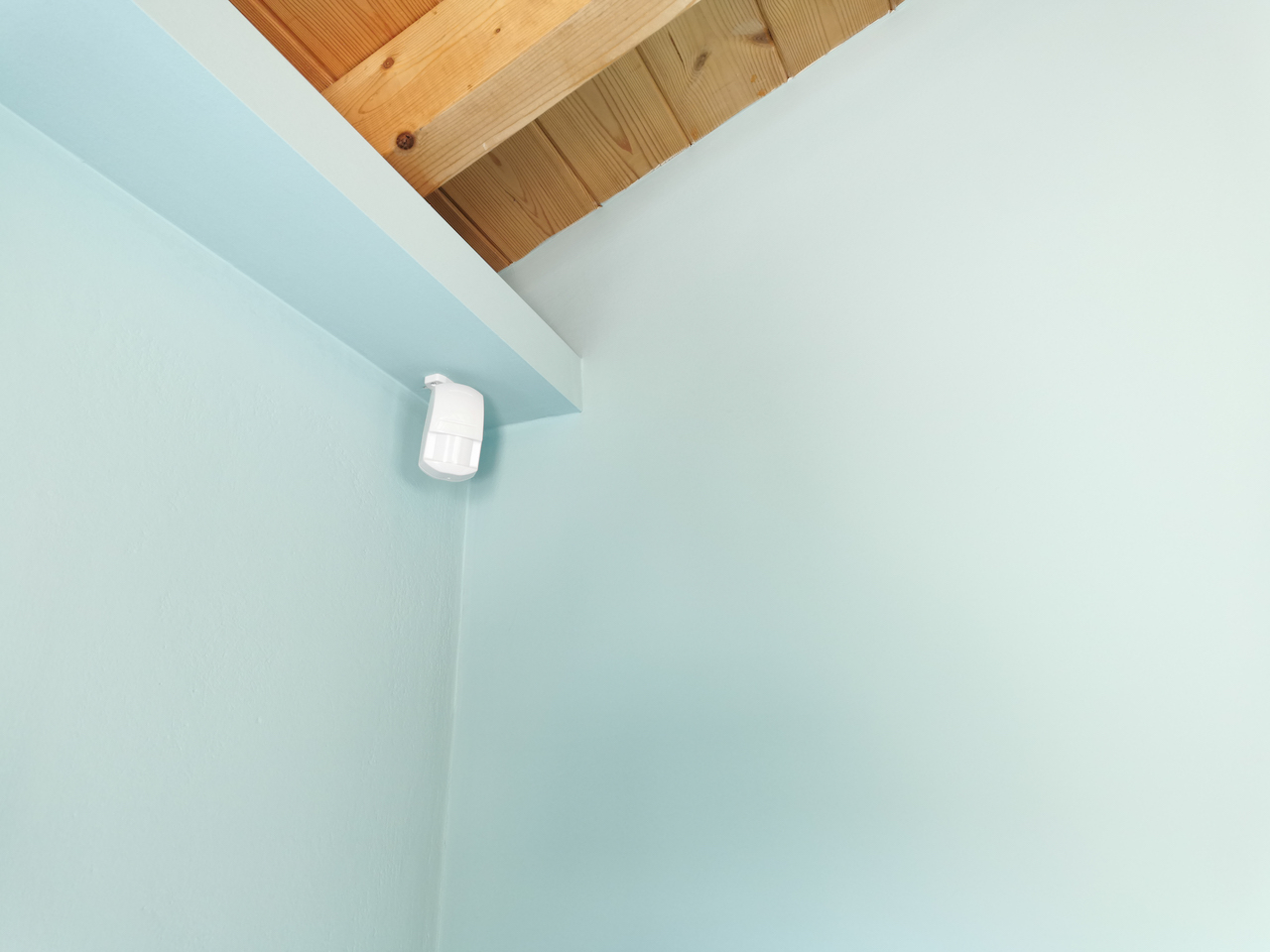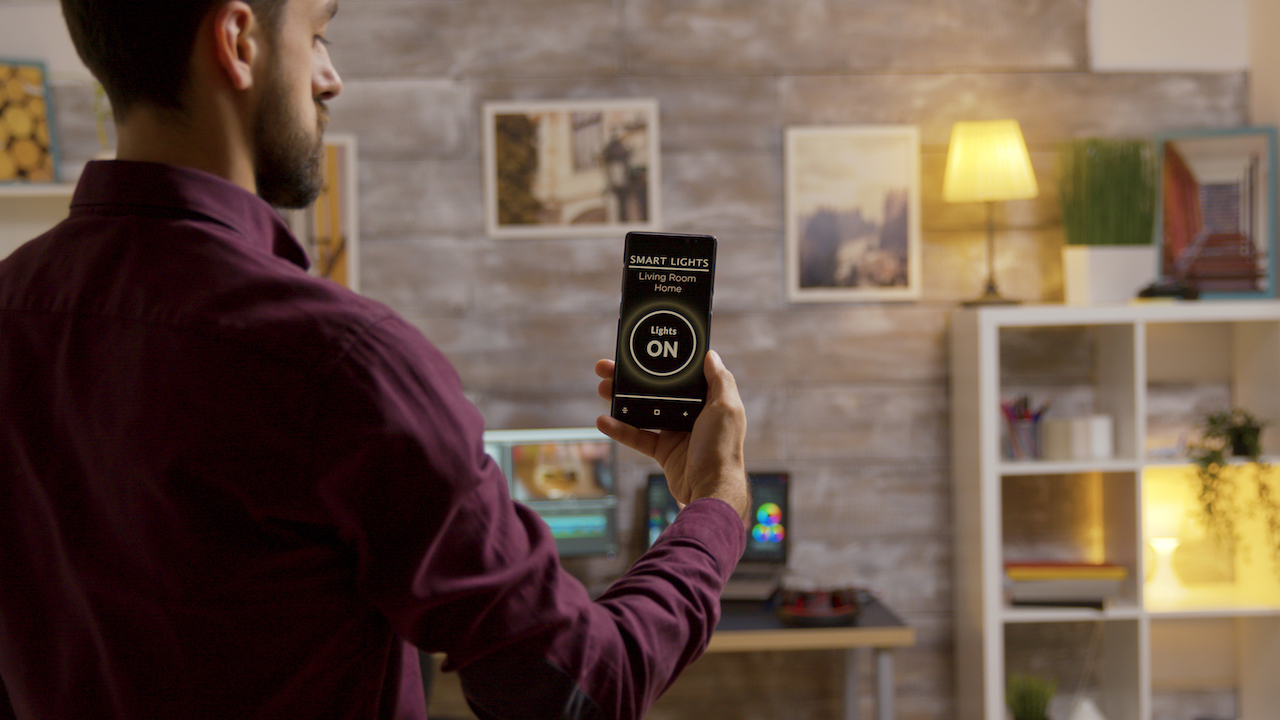While sustainable energy resources are evolving, there is still a long way before we observe large-scale usage. So, for the time being, it’s essential to consume as little electricity as possible. And with more than 60% of the global consumption going to buildings, those are as good a place as any to start. A proven way to do that is by utilising smart room sensors. This piece will provide you with the key benefits of using them.
What Is Sustainability?
Sustainability means ensuring the continued existence of any artificial infrastructure. Significantly, that means creating a self-sufficient system that doesn’t harm the environment long-term but also creates opportunities for substantial profits. Therefore, it means breaking away from conventional fossil fuel means towards greener energy resources and robust energy management systems.
What Are Smart Room Sensors?
As their name infers, smart room sensors help you control various parameters of the environment while backing up IoT resources. Such sensors can wirelessly record and transmit relevant data without hindering their fundamental function. When you have a compatible program, you can interpret that data to manage better the degree of comfort, electricity drain, and other crucial aspects of the device of your choosing.

Benefits of Using Smart Room Sensors
Now that you have an idea of smart room sensors let’s look at the most prominent advantages of using them in a domestic or commercial space.
1. Achieving Sustainability While Enhancing Health and Comfort
Smart sensors can adapt to changing environmental factors and switch to the optimal settings for the user’s comfort. That saves you the effort of adjusting the settings manually every few minutes. Utilising AI, the sensors can relay real-time data to the servers that adjust the settings remotely. It also ensures those parameters don’t deviate from a visitor’s health requirements.
2. Informed Decisions About Energy Usage and Cost
That data link also allows you to monitor energy usage constantly, so you’re never shocked by a hefty electricity bill from your local grid. That is often the preferred choice for most business owners in Singapore, the most energy-efficient city in East Asia, per the Environmental Protection Index.
An excellent example can be the smart thermostat. Regulating heat without constant adjustments can lead to wasted energy that can add to your commercial expenditure. However, intelligent room sensors can adjust them to minimise consumption every millisecond.

3. Optimising Space Usage
An intelligent sensor network can save the excess space occupied by climate control or polluting diesel generators. That space can double up as a mini-warehouse or a baseline for setting up visitor management systems. In any regard, every square foot of saved space is an opportunity for passive profits.
4. Preventive Maintenance
In addition to optimising essential maintenance, smart sensors constitute an integral part of the preventive maintenance cycles. For instance, if a sensor alerts you of high temperature or increased humidity without anticipation, it informs you that a work order is required to ensure your infrastructure’s safe and smooth function.
Furthermore, you can use the relevant cloud-based technology to retrace the changing environmental conditions. That database helps optimise action plans for various hazards and repair any damages before visitors or employees face any risks.
Final Thoughts
To conclude, smart room sensors are the next step in bringing IoT to the forefront with big businesses and SMBs alike. Applying them costs a small percentage of the average commercial profits, and their benefits far outweigh the investments. For the best energy monitoring and asset tracking solutions, get in touch with Qbasis today.



